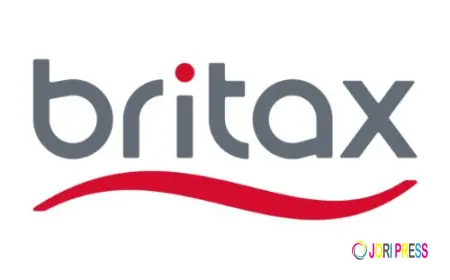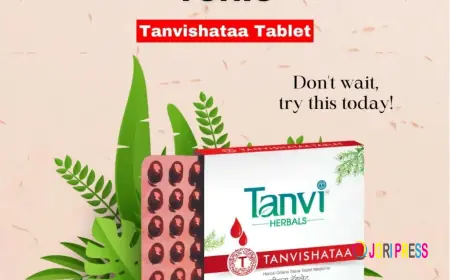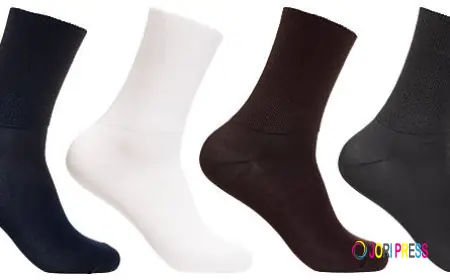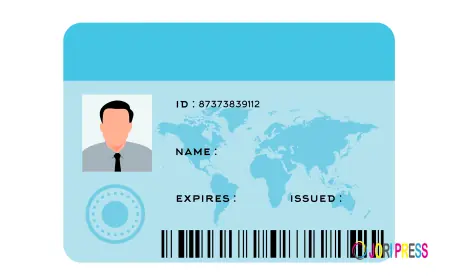Frozen Food: Easy, Affordable, and Always Ready
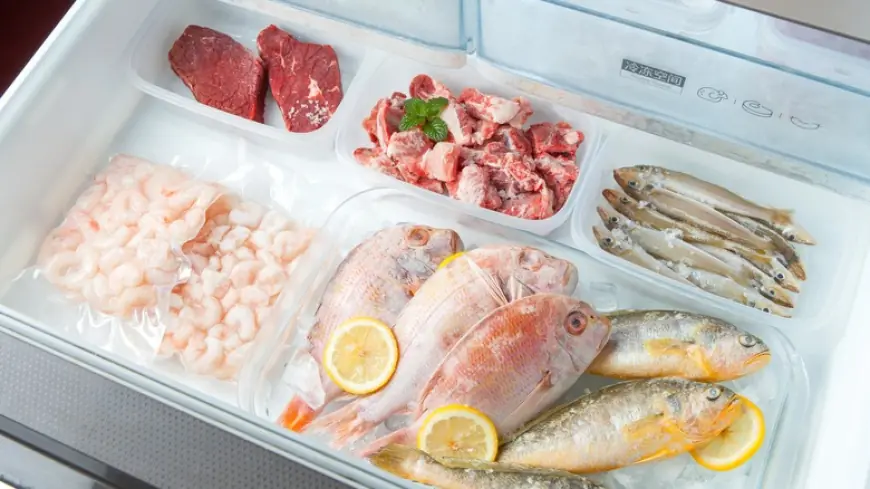
Frozen food is a smart and popular choice for many people today. It makes cooking fast and easy, helps save money, and reduces food waste. Whether you're a student, a busy worker, or a parent with kids, frozen food can make your life simpler and healthier.
In this blog, you’ll learn what frozen food is, why it’s good for you, how to use it, and how to store it properly.
What Is Frozen Food?
Frozen food is food that has been cooled and stored at very low temperatures. Freezing keeps the food fresh by slowing down the growth of bacteria. You can freeze fruits, vegetables, meat, fish, bread, cooked meals, and even snacks.
The frozen food section at the store includes:
-
Frozen vegetables like peas, corn, and spinach
-
Frozen fruits like berries, mango, and bananas
-
Frozen meals like pizza, pasta, and lasagna
-
Frozen snacks like fries, nuggets, and spring rolls
-
Frozen seafood and meat
-
Frozen desserts like ice cream and pies
Freezing lets you keep food longer without spoiling. That’s why many families keep a freezer full of quick and easy options.
Why People Love Frozen Food
It Saves Time
Frozen food is ready when you are. You don’t have to clean, cut, or cook everything from scratch. Just take it out of the freezer, heat it, and eat. This helps you save time on busy mornings or tired evenings.
For example, if you have frozen vegetables at home, you can make a quick stir-fry in 10 minutes. No peeling or chopping is needed.
It Lasts Longer
Fresh food spoils quickly if you don’t eat it fast. But frozen food stays safe for weeks or months. This means you can buy it, store it, and use it whenever you need it. You don’t have to throw food away because it went bad.
This long shelf life is great for families or people who shop once a week or once a month.
It Saves Money
Buying frozen food can help you save money. You can buy in bulk and keep it in your freezer. Also, frozen food usually costs less than fresh food, especially when the food is out of season.
You waste less food, so you waste less money. That’s a big win for your budget.
It’s Available All Year
You don’t have to wait for summer to eat berries or winter to enjoy soup. Frozen food is available all year. You can eat any fruit or vegetable any time because it’s frozen at peak ripeness and kept fresh.
This means you can enjoy your favorite foods whenever you want.
It’s Healthy
Many people think frozen food is unhealthy, but that’s not always true. Frozen fruits and vegetables are usually picked and frozen quickly, which keeps their nutrients. In some cases, they have more vitamins than fresh ones that sit on a shelf for days.
Just be careful with frozen meals. Some ready-made frozen meals can have too much salt, sugar, or fat. Always read the label and choose healthier options.
How to Use Frozen Food at Home
Frozen food can help you make fast and tasty meals. You can use it for breakfast, lunch, dinner, and even snacks.
Here are some easy ways to use frozen food:
-
Frozen vegetables: Add them to soups, stews, stir-fries, or pasta dishes.
-
Frozen fruits: Blend them into smoothies, mix them with yogurt, or add them to pancakes.
-
Frozen chicken or meat: Cook it with rice, noodles, or vegetables for a full meal.
-
Frozen pizza: Heat it for a fast and fun dinner.
-
Frozen fries or nuggets: Bake them for a quick snack.
-
Frozen meals: Warm them in the microwave when you don’t have time to cook.
You can also freeze your own meals. Cook in bulk, divide into small portions, and freeze them for later. This helps you save even more time and money.
Tips for Buying and Storing Frozen Food
To get the best from frozen food, follow these simple tips:
Check the Package
When buying frozen food, make sure the package is sealed. Avoid items that look damaged or have ice crystals inside. This may mean the food was defrosted and refrozen, which can change its taste and texture.
Keep Your Freezer Cold
Your freezer should stay at 0°F (-18°C) or lower. This keeps your food safe and fresh. Don’t open the freezer door too often or for too long.
Don’t Refreeze Thawed Food
Once you thaw frozen food, cook and eat it. Don’t put it back in the freezer unless the label says it’s okay. Refreezing can cause bacteria to grow.
Label Your Food
If you freeze food at home, label it with the name and date. This helps you remember what you stored and when.
Rotate Your Food
Use the “first in, first out” method. Use older food first and keep newer items in the back. This way, nothing gets forgotten or wasted.
Common Myths About Frozen Food
Let’s break some common myths about frozen food:
-
Myth: Frozen food is not fresh.
Truth: Frozen food is often frozen just after harvest or cooking. It keeps its freshness until you use it. -
Myth: Frozen food loses nutrients.
Truth: Freezing helps lock in vitamins and minerals. Frozen veggies often have more nutrients than fresh ones that sit in the fridge for days. -
Myth: Frozen meals are always unhealthy.
Truth: Many frozen meals are healthy if you choose the right ones. Look for options with less salt and sugar and more whole ingredients.
Final Thoughts
Frozen food is a great choice for anyone who wants to eat well without spending too much time or money. It helps you cook faster, eat healthier, and waste less. With the wide variety of frozen foods available today, you can enjoy delicious meals anytime.
So next time you go grocery shopping, don’t forget to check the freezer aisle. Frozen food might be the best helper in your kitchen.
What's Your Reaction?
 Like
0
Like
0
 Dislike
0
Dislike
0
 Love
0
Love
0
 Funny
0
Funny
0
 Angry
0
Angry
0
 Sad
0
Sad
0
 Wow
0
Wow
0






